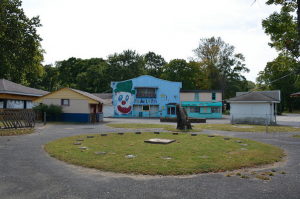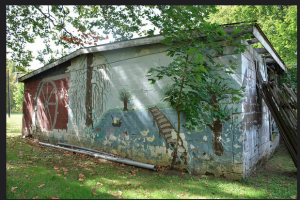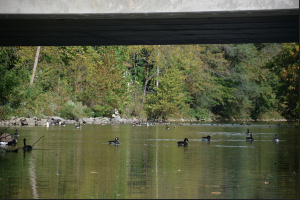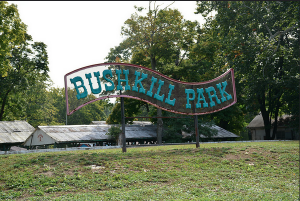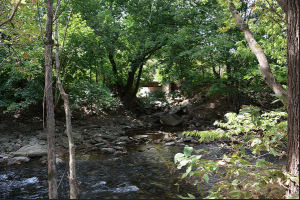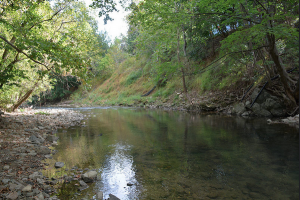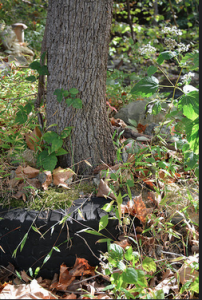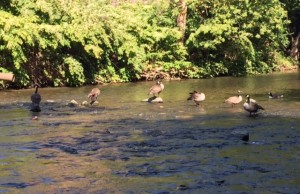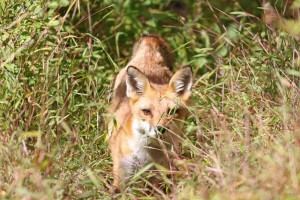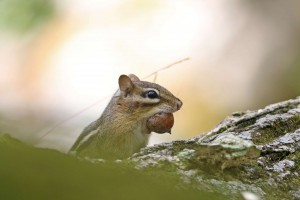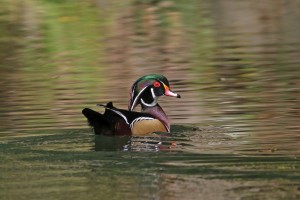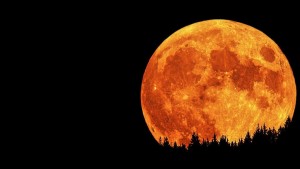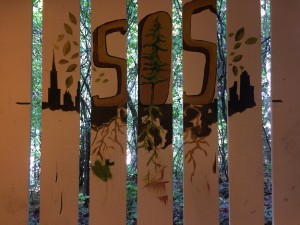“As more and more tourists sought out the wilderness as a spectacle to be looked at and enjoyed for its great beauty, the sublime in effect became domesticated. The wilderness was still sacred, but the religious sentiments it evoked were more those of a pleasant parish church than those of a grand cathedral or a harsh desert retreat” (75).
I thought this was an interesting passage because many of our classmates have visited the grand national parks of the west, and I believe they would disagree with Cronon’s assertion that it was tame or no longer held that special power that it once did. In this instance, I cannot agree with our author that it is domesticated, but rather that it is easier and more popular to seek out perhaps.
“To do so is merely to take to a logical extreme the paradox that was built into wilderness from the beginning: if nature dies because we enter it, then the only way to save nature is to kill ourselves. The absurdity of this proposition flows from the underlying dualism it expresses” (83).
This passage stuck out to me because in my response paper regarding “What is Nature?”, I basically played this dualism game myself, regarding nature as being as least touched by man as possible. While I don’t know if I fully agree with the sentiment expressed in the quote, it is an unusual perspective that I had not thought of before, but one that certainly is expressed in most apocalyptic movies, when the human race is killed off, and nature and wilderness reclaims what was once lost. An interesting notion here from Cronon.

